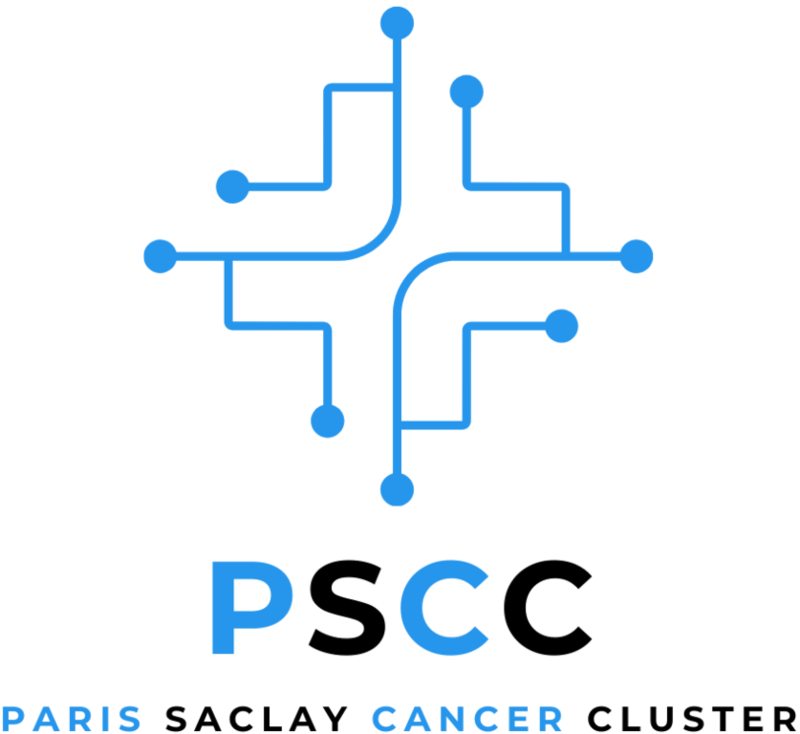Yoann Pradat, Julien Viot, Konstantin Gunbin, Andrey Yurchenko, Luigi Cerbone, Marc Deloger, Guillaume Grisay, Loic Verlingue, Véronique Scott, Ismael Padioleau, Leonardo Panunzi, Stefan Michiels, Antoine Hollebecque, Gérôme Jules-Clément, Laura Mezquita, Antoine Lainé, Yohann Loriot, Benjamin Besse, Luc Friboulet, Fabrice André, Paul-Henry Cournède, Daniel Gautheret, Sergey Nikolaev

Abstract
Metastatic relapse after treatment is the leading cause of cancer mortality, and known resistance mechanisms are missing for most treatments administered to patients. To bridge this gap, we analyze a pan-cancer cohort (META-PRISM) of 1,031 refractory metastatic tumors profiled via whole-exome and transcriptome sequencing. META-PRISM tumors, particularly prostate, bladder, and pancreatic types, displayed the most transformed genomes compared to primary untreated tumors. Standard-of-care resistance biomarkers were identified only in lung and colon cancers – 9.3% of META-PRISM tumors, indicating that too few resistance mechanisms have received clinical validation. In contrast, we verified the enrichment of multiple investigational and hypothetical resistance mechanisms in treated compared to non-treated patients, thereby confirming their putative role in treatment resistance. Additionally, we demonstrated that molecular markers improve six-month survival prediction, particularly in patients with advanced breast cancer. Our analysis establishes the utility of the META-PRISM cohort for investigating resistance mechanisms and performing predictive analyses in cancer.
Statement of significance This study highlights the paucity of standard-of-care markers that explain treatment resistances and the promises of investigational and hypothetical markers awaiting further validation. It also demonstrates the utility of molecular profiling in advanced-stage cancers, particularly breast cancer, to improve the survival prediction and assess eligibility to phase I clinical trial.








